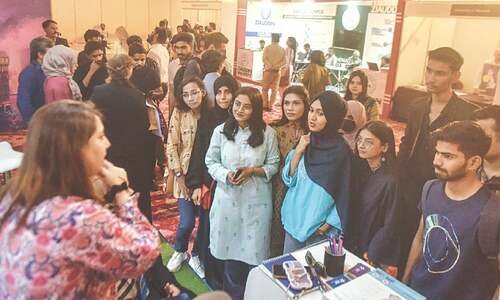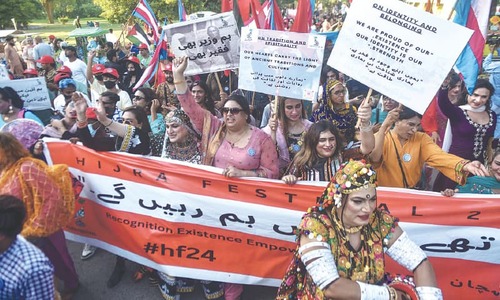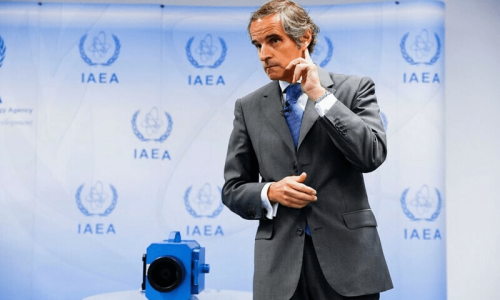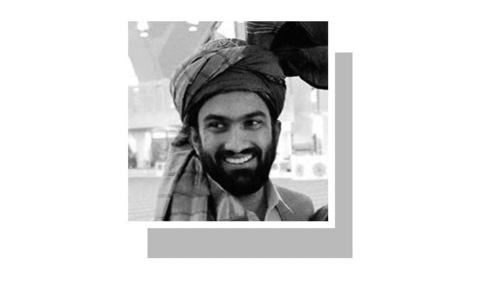KARACHI, June 30: While freedom of speech is important not only for journalists but also for writers and artists, voices from rural areas need equal space in our national narrative, said panellists at the ‘Sindh Writers/Artists Convention’ held on Saturday.
Organised by the Human Rights Commission of Pakistan (HRCP), the event was a second in a series of gatherings, with the first one being held in Lahore earlier this month.
In his opening remarks, HRCP Secretary General I.A. Rehman said: “Thank God, there are still some people in the country who can think. In the past few decades, humans have progressed but things have gone down as well. The task of killing people once lay with the governments and armies but now you have the average man carrying out such feats.
“In such a situation, the HRCP feels that writers are being overlooked. We say freedom of speech is important for journalists, but it is equally important for writers. Even now there are topics that are off-limits for them. By having all the stakeholders together, we want to see how things can be improved,” he said.
The convention was divided into three sessions, with the first one being ‘21st century and writers’.
Chaired by Dr Mohammad Ali Siddiqui, the session had Pirzada Qasim, Zafar Iqbal, Ghazi Salahuddin, Atiya Dawood and Nazir Leghari as panellists, while Prof Sahar Ansari presented his research paper.
Mr Ansari shared how ill prepared the literary community was when faced with the challenge of embracing a new century. For them, it was ‘a change in the calendar’ as they put it, he said, while youngsters were moving away from books and getting addicted to social media. “In this situation, the younger lot seems unaware of the potentials of words and free thinking,” he feared.
Commenting on his paper, writer Atiya Dawood said great writers and poets such as Faiz Ahmed Faiz, Kishwar Naheed and Fehmida Riaz influenced youngsters even now.
Referring to I.A. Rehman’s comment about freedom of speech, Ghazi Salahuddin said: “When journalists demand freedom of expression, they pave the way for others to get these rights as well and civil society must join them in this struggle.”
However, in a very upfront manner, Zafar Iqbal went to pinpoint where the writers went wrong. “Why are writers not informing society of the changes taking place around us?” he asked. “They have to fulfil their duties now else there won’t be a society, nor literature or readers.”
“We have heard about liberalism, anarchism, democracy, neo-liberals and socialism but have only experienced dictatorship,” said journalist Nazir Leghari.
He also said that readers in rural society were exposed to literature from urban areas but ‘the other side has no idea what does the rural voice say’.
Pirzada Qasim said: “Inspiring writings are those where the readers feel the need to change. Sadly, we have nothing like that in society.”
“The duties of the writer then and now are the same. It’s all about how they are enriching the lives and they are not bound by time,” argued Dr Siddiqui.
“Aaj kal baat kis say ke jaye jab yeh bhi sochna parta hay aaj subah mayray daftar janay ka kya route ho ga?” he remarked.
During the second session, titled ‘The role of writers and artists in the struggle for human rights’, columnist Zahida Hina shed light on various international movements where writers raised human rights issues that led to change.
“We as writers have not done justice,” she noted, adding that issues related to gender, Ahmedis and ethnicity were often overlooked.
Panellists Tauqeer Chughtai, Khuda Bux Abro and Karan Singh shared their views, while Zubeida Mustafa presided over the session.
Karan Singh said our education and history needed an overhaul. “Are the writers playing their due role when it comes to writing on Balochistan?” he questioned.
Ms Mustafa said it was a planned move not to give the masses their right to education in order to ‘keep them enslaved’.
During the last session, ‘Culture and the challenges of the age’, chaired by Dr Siddqui, artist and critic Nilofer Farrukh discussed in detail on how culture could be used as a transformative force in the context of history and society. Mehr Afroz, Fatah Daudpotho and Muneza Shamsie were the panellists.











































Dear visitor, the comments section is undergoing an overhaul and will return soon.